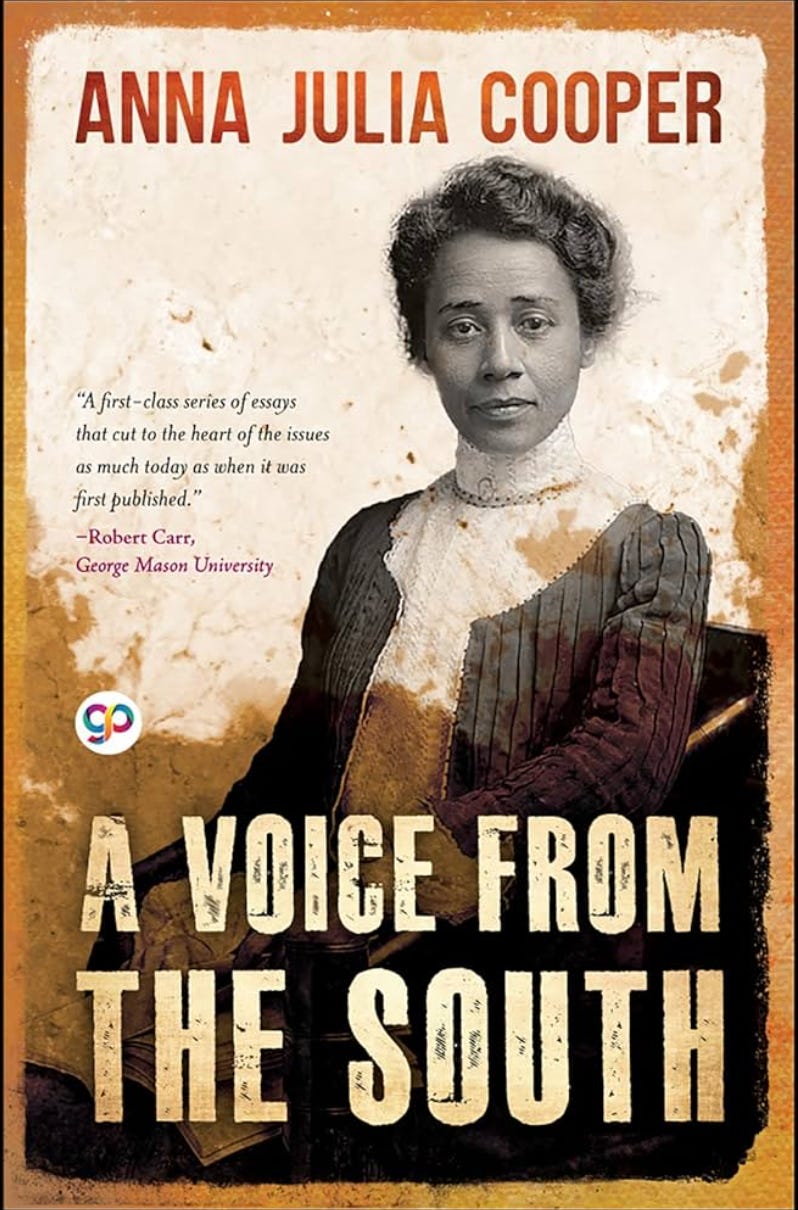Last week I attended the WGS South conference in Decatur, Georgia. Decatur is a blue dot inside a blue dot, and it’s always a joy to visit. Of course this year’s conference was overshadowed by the destruction currently being wrought on higher ed—colleagues told me of classes cancelled, centers shuttered, attempts to rename and restructure DEIA programs to protect students, faculty and staff, and then the more depressing stories of institutions all too eager to completely shutter the programs altogether.
Logo art by the WGS South 2025 Artist in Residence, Christina Ward.
What gives me hope and energy was the determination I felt in every conversation, presentation and lecture. We’re going to keep doing the work, one way or another, even if we’re pushed off campuses, even if our funding is cut, even if the administration manages to close or severely damage colleges and universities (this seems to be their goal). And Women’s, Gender and Sexuality Studies, as a field, is certainly no stranger to institutional attacks and denigration—it was born out of an attempt to transform higher education and eliminate its white, colonial heteropatriarchal structures. We are nowhere close to that ideal, but the political retribution we’re currently facing indicates we have come a long way, and now threatens the mediocre white men that want to demand power and prestige based on their identities and not their merit.
The keynote lecture was a conversation with Dr. Beverley Guy-Sheftall, past president of the National Women’s Studies Association and a pioneer of Black feminism. She is the Anna Julia Cooper Professor of Women’s Studies at Spelman College, one of only two remaining historically Black women’s colleges (the fierce energy of everyone at the conference from Spelman is what we all need to channel right now). Dr. Guy-Sheftall shared stories with us of her life growing up in Memphis, and how her mother’s feminist ideals shaped her (although her mother might not have understood them as such at the time). She also gently suggested that now might be the time for students, faculty and staff to be activists and fight back against these attacks on our rights.
Dr. Guy-Sheftall recounted the importance of Cooper’s contributions to Black feminist thought in America.
I was also able to participate in the Ms. Magazine workshop on writing for the popular press (paid subscriptions helped to subsidize my participation in the workshop, thank you!!!). The goal of the workshop is to help academics translate their expertise from the types of writing expected for our fields (think books, book chapters, journal articles) to a type of writing for general audiences. I was reenergized and inspired by writers for the magazine like Carrie Baker (check out her new book on the history and politics of abortion pills) Janell Hobson, who continues Black feminist thought through her many books and projects like the Harriet Tubman Bicentennial Project, and Michelle Berger, who led my small breakout group and is that rare type of writer who can apparently master all genres, with her short story collect Doll Seed just out.
Coming home to Greenville, I attended the Democratic Women of Greenville County’s monthly luncheon, featuring Bonnie Kapp, president and CEO of New Morning, a South Carolina organization that has helped more than 500,000 women in the state access free or low-cost birth control. Other speakers included the co-founder of our state’s only abortion fund, the Palmetto State Abortion Fund, the unstoppable Ashlyn Preaux, and Amanda Manly, the new director of development for the Women’s Rights and Empowerment Network, a vital advocacy group. There were almost 200 people in attendance at the lunch, and the Democratic Women of Greenville has more than 600 members.
I’ll be honest, this has been a rough week in a series of rough weeks. The chaos creates a deep uncertainty for what we will face in higher ed in the months and years to come, but being witness to the work that hundreds and hundreds of women are doing, just here in these Southern circles, gives me strength and hope. And, I hope you’ll be able to join us March 26th at 5:30 at PC for our Women’s History Month lecture, featuring the work of Dr. Kathryn Wiley, whose work on Black women and wealth helps us to understand the intersections of economic and social structures. And, if you’re able, please consider supporting our Women’s History Month speaker series. One bulwark against these weaponized government attacks is private funding, and I’m hoping we can build that up for the future of studying women, gender and sexuality in the South.
I can’t help it, I’m a Billy Joel fan, ever since listening to his greatest hits on cassette on my Walkman in the 80s.








Thanks for this, Emily! Oy, what a time it is for higher ed. It has been a tough week. Sending you love.